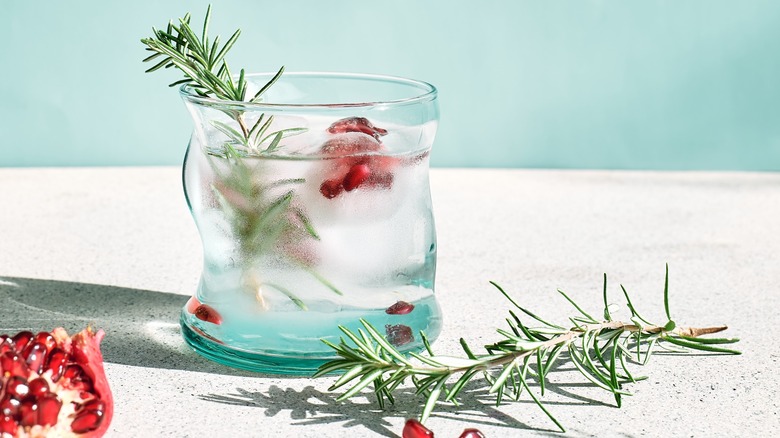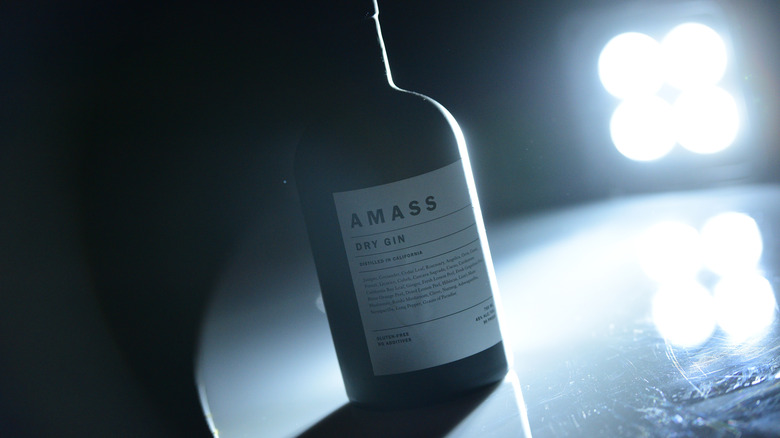Why You Should Give California Gins A Try, According To An Expert
The world of craft gin is booming right now, which means there's a lot of competition that distilleries need to contend with if they want to stand out. There's plenty of brand recognition for something like a London dry gin, but that doesn't mean there aren't plenty of popular gin brands that exist outside of the more iconic genres of the spirit. We recently had a chance to talk gin with Jess Stewart, Bar Director of Trust Restaurant Group, which runs a series of highly successful restaurants across California.
"I love new age California gins for sipping solo, as they are more citrus forward with subtle botanicals," Stewart told us. It's a given that you have to drink gin neat to fully experience its botanicals, not unlike how we tend to drink other high-quality spirits like whiskey or mezcal neat when we want to highlight their specific flavors. Citrus isn't unique to California gins, but, as a gin category, it does tend to hit those citrus notes harder than other types do.
Take Star Keeper Gin, for example, which starts with a base of fermented orange juice – an unusual twist for a spirit that's typically made from fermented grain. "I'm stocking our bars with Las Californias Citrico," Stewart went on, adding, "And love to serve it to those looking for a sipping gin." Citrico uses lemongrass and apricot to achieve its signature flavor profile, with hints of grapefruit and almond on the palate.
A taste of Golden State gin
The classic gin taste comes from juniper berries, which have a unique flavor that doesn't necessarily appeal to everyone. Highly botanical gins will sometimes lean into juniper's signature herbal bite and add notes of pine, grassy herbs, or earthy bark. This is often popular with people who are already die-hard gin fans since it is playing to the features that make gin so controversial. Citrus-forward gins, meanwhile, are beginner-friendly, since citrus has a relatively unchallenging taste.
By emphasizing the crowd-pleasing aspect of citrus, distillers can get around the harsher, less popular botanical notes and appeal to a wider audience. It's a balancing game and one that distillers are constantly dancing around since the core audience for gin does love the niche botanical notes, which tend toward more unique flavors as opposed to the more traditionally pleasant ones. Jess Stewart is definitely right about California gins being sipping gins, though.
There are some great gin cocktails that would be excellent if made with California gins, but the general market sensibilities of California gin distilleries are geared toward producing premium gins worthy of enjoying neat. Not all of them are as heavily focused on citrus, but they are pretty universally aiming to live up to the luxury lifestyle brand image of the Golden State. That tends to translate into mid-shelf or top-shelf gins that sell at a higher price point, but feature flavors that are robust enough to justify the cost, such as Amass, which uses tantalizing ingredients like reishi mushroom and ashwagandha to create something truly unique.

